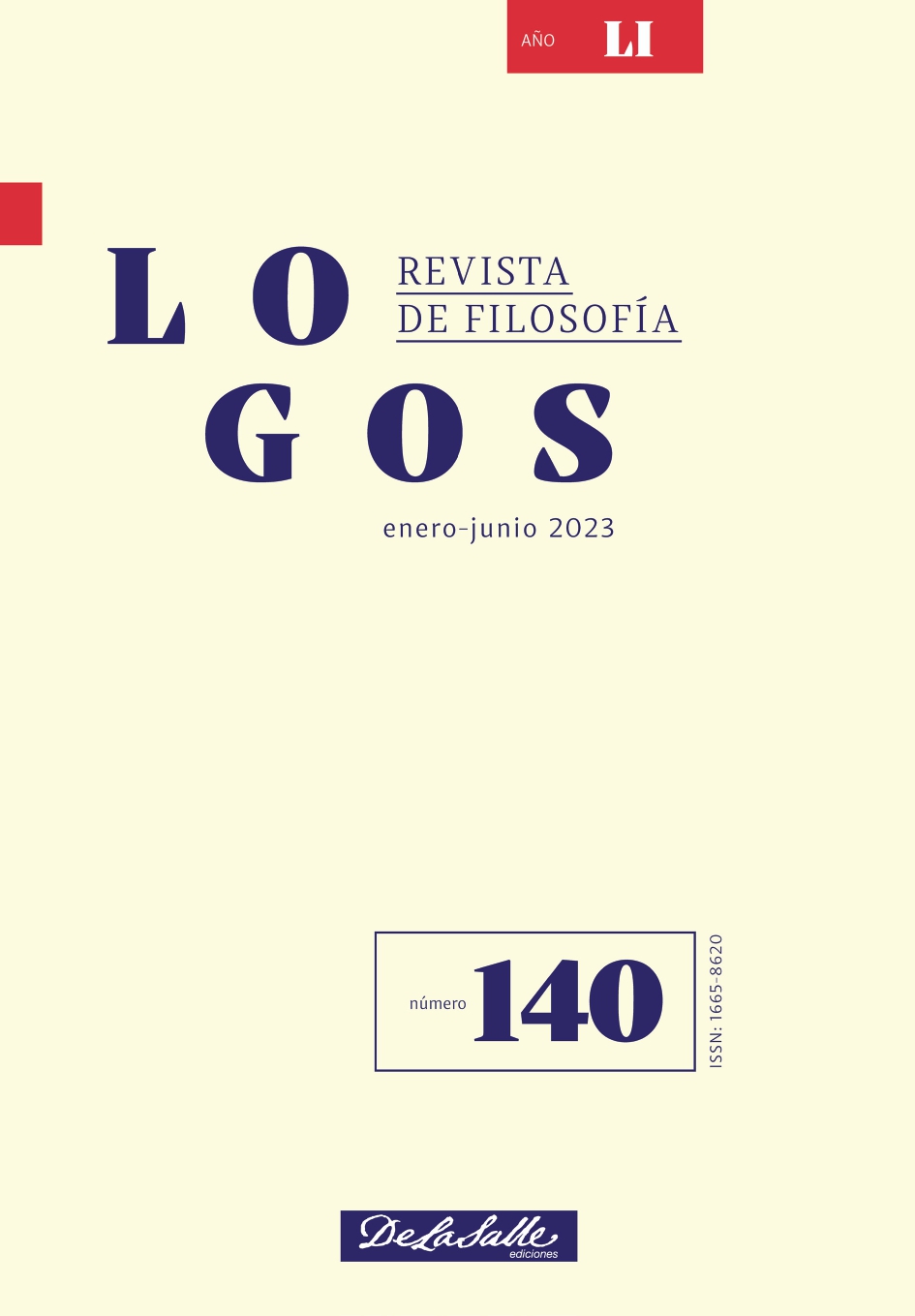Beethoven, Herder and Goethe: divine humanity as Prometheus
DOI:
https://doi.org/10.26457/lrf.v140i140.3623Keywords:
Sturm und Drang, Herder, Beethoven, Goethe, Prometheus, creation, humanismAbstract
Initiated as a critical movement of Modernity, the German Sturm und Drang
proposed a different conception of the human being, which sought a renewal
of reason in harmony with the totality of human faculties in favor of the development
of individuality. Thus, the creative quality of the human being was
centralized, without subordinating the development of the other human faculties.
This paper analyzes the reinterpretation of the Prometheus myth in
the work of three personalities: the philosopher Johann G. Herder, the literary Johann W. von Goethe, and the composer Ludwig van Beethoven. Of the first, we examine his theory of genius explained through the figure of Shakespeare; of the second, the place of Prometheus within the poet’s work, while of the third, his Third Symphony, the Heroic, is analyzed. In the end, the conclusion is that in all three thinkers the figure of the titan Prometheus represents that rebellious spirit that, rejecting the Gods, directs all his actions towards the
aggrandizement of the human being and of humanity.
Downloads
References
Collins, S. (2003). Música clásica: cómo identificarla, apreciarla y los principales
compositores. Diana.
Esquilo (2015). Esquilo. Tragedias. Gredos.
Goede-Von Aesh, A. (1947). El romanticismo alemán y las ciencias naturales. Espasa-Calpe.
Goethe, J. W. (1963). Obras completas I. Aguilar.
Hernández-Pacheco, J. (2019). La conciencia romántica. Universidad de Sevilla.
Hill, D. (Ed). (2003). Literature of the Sturm und Drang. Camden House.
Herder, J. G. (1982). Otra filosofía para la educación de la humanidad. En P. Ribas
(Ed). Obra selecta (pp. 273-367). Alfaguara.
Herder, J. G. (2002). On cognition and sensation of the human soul (1778). En
M. N. Forster (Ed.), Herder, philosophical writings (pp. 187-143). Cambridge
University Press.
Hinkelammert, F. (2007). Hacia una crítica de la razón mítica. El laberinto de la modernidad. Materiales para la discusión. Arlekín.


